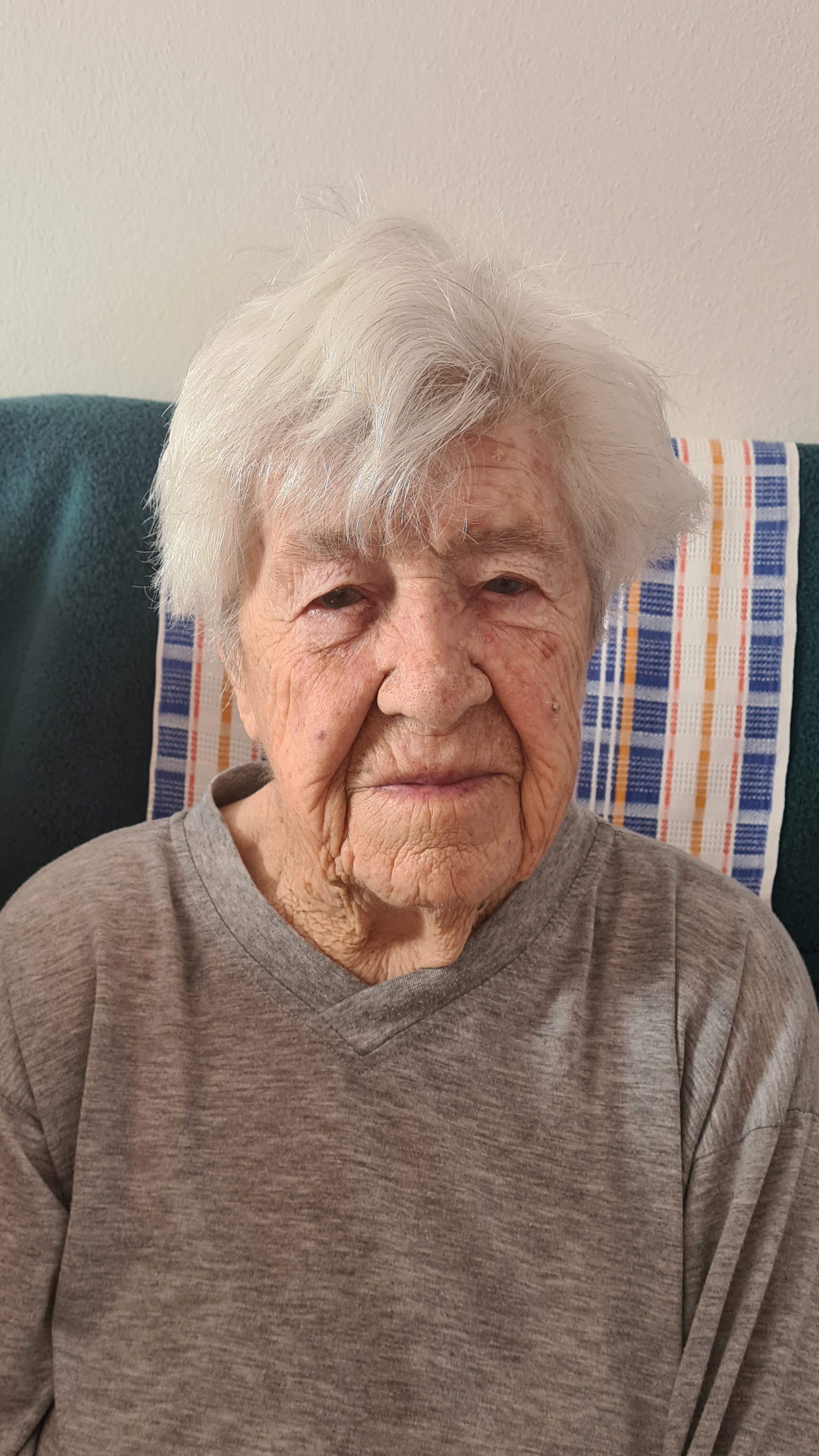For work to Germany, for love to the Czech Republic

Stáhnout obrázek
Nina Jahnová, née Sereda, was born in Zaporozhye, Ukraine, on October 11, 1923. Her father, Semyon Sereda, worked as a locksmith in a combine factory. Mum Marfa Sereda was a seamstress. She had two brothers, Vasil, two years older, and Fyodor, three years younger. Both enlisted in the army during World War II. While the younger Fyodor survived the war, the older Vasil was killed in an unknown place. In 1944, Nina was conscripted to forced labour in the North German town of Kiel, where she worked in a factory canteen. There she met Karel Jahn, a Czech who had been totally deployed. After the war, they married and went together to the Czechoslovak Republic. They settled in Hlubočky, a former German village near Olomouc, where they got an apartment after the displaced Germans and a job at the Moravia factory. They had two children together, a daughter Alena and a son Alexander. Nina Jahnová was reunited with her parents after 16 long years in 1960, when she visited them and the whole family in Ukraine. In 2024, Nina Jahnová was living in the St. Anne‘s House of Peaceful Old Age in Velká Bystřice.

